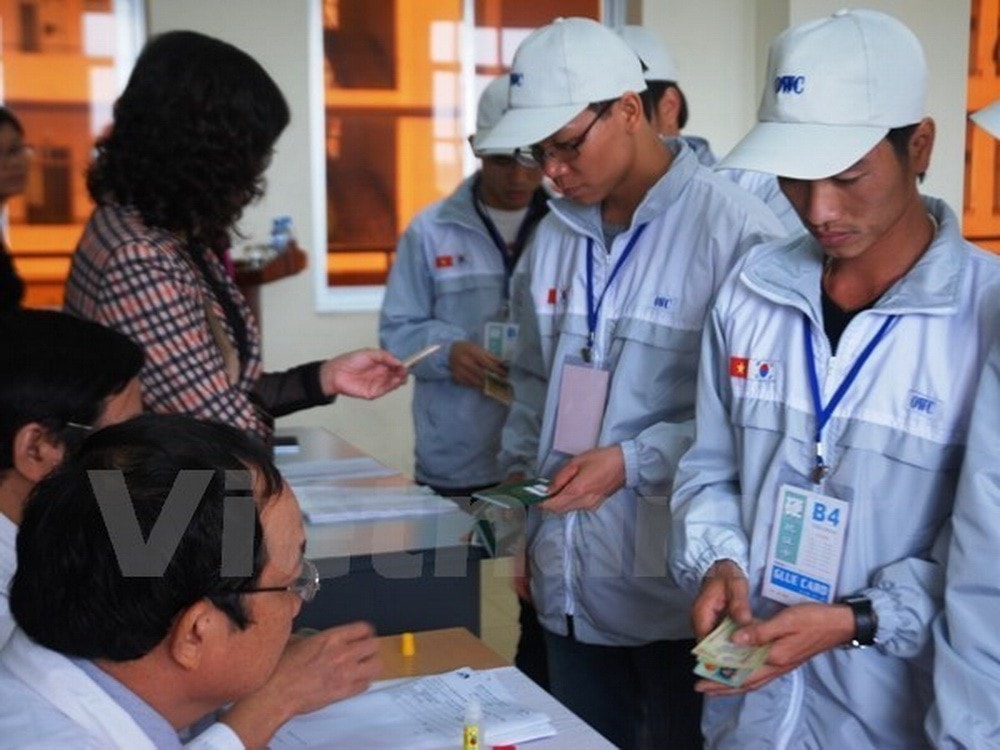Wage cuts for foreign workers are likely to fail in South Korea as the opposition Democratic Party, which holds a majority in the National Assembly, opposes introducing a minimum wage system specifically for foreign workers.

A political effort by some politicians from South Korea's ruling People's Power Party (PPP) to cut wages for foreign workers is likely to fail as the opposition Democratic Party (DP), which holds a majority in the National Assembly, has opposed the introduction of a minimum wage system specifically for foreign workers.
A lawmaker from the DP policy unit said that it is inappropriate to pass a law to introduce a minimum wage system specifically for foreign workers because it violates the regulations of the International Labor Organization (ILO) and the Korean Labor Standards Act. The system will also negatively impact the job market and infringe on the rights of foreign workers.
The DP's official stance came after several prominent PPP politicians, including Seoul Mayor Oh Se Hoon, advocated introducing a minimum wage system specifically for foreign workers to address growing complaints from small business owners about rising labor costs.
The issue of minimum wages for foreign workers has attracted considerable public attention in South Korea in recent months.
The Seoul Metropolitan Government’s pilot program to hire Filipino caregivers to support Korean parents has faced criticism for being too expensive for most households, costing more than 2 million won (about $1,500) per month for a full-time worker.
Mayor Oh Se Hoon said the project would be difficult to achieve if the current high labor costs for housekeepers remained unchanged.
As a result, ruling PPP politicians have sought to reduce costs, arguing that changes to related laws are necessary to ensure the program and similar initiatives operate stably in the future. This poses a significant challenge to ruling PPP lawmakers, city governments in Seoul and elsewhere, as cooperation from the DP in the Korean National Assembly would be crucial to effectively reducing the cost of recruiting foreign workers. However, the DP has been reluctant to accept this idea.
During his confirmation hearing at the National Assembly last month, South Korean Labor and Employment Minister Kim Moon-soo, who was recently nominated for the post, also expressed doubts about the success of the idea of introducing a lower minimum wage for foreign workers, as it violates international practice and South Korean law.
Under the Korean Labor Standards Act, employers in South Korea must pay at least the statutory minimum wage of 9,860 won per hour in 2024 and 10,030 won per hour the following year. Violators could face up to three years in prison or a maximum fine of 20 million won.
ILO regulations also prohibit discrimination based on national origin, race, colour, sex, religion, political opinion and social origin. Violating this rule can come at a cost, such as damaging Korea's reputation.
However, Seoul Mayor Oh Se Hoon defended his stance, saying that as the demand for foreign workers is expected to continue to increase in areas such as elderly care services, the Seoul government will continue to seek solutions to reduce costs regardless of whether or not a minimum wage system specifically for foreign workers is implemented.
TB (according to VNA)